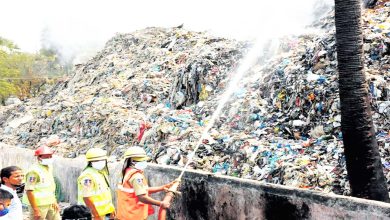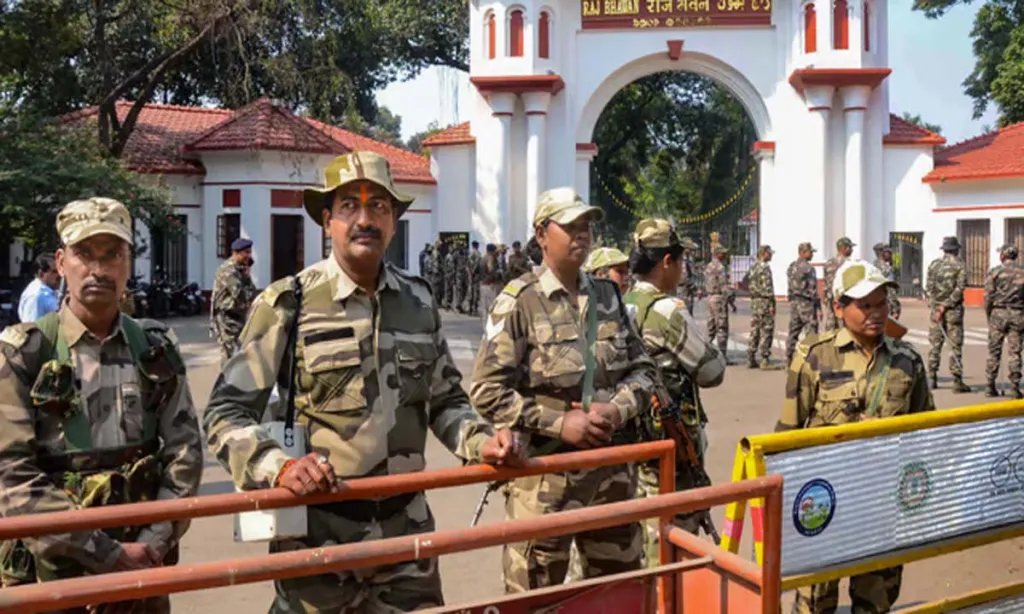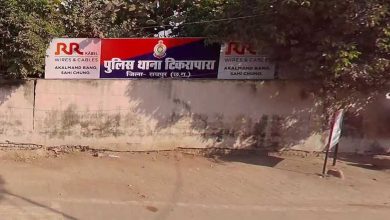New Delhi: Government has implemented new rules regarding the recruitment process in ICU

New Delhi: The government has taken an important step to improve patients’ rights and guarantee first-level critical care through the introduction of new rules related to admission to intensive care units (UCIs). According to the most updated guidelines, patients with serious medical conditions cannot access UCI unless they or their family members give their explicit consent. The guidelines outline the required credentials for UCI professionals, specifying that intensivists must have completed a postgraduate program in internal medicine, anesthesia, pulmonary medicine, emergency medicine or general surgery. In addition, one must have additional qualifications in intensive care care such as DM Critical Care/Pulmonary Critical Care; DNB/FNB Critical Care; o Relevant International Certifications. If one cares about these special qualifications, the rules establish that extensive familiarity with intensive care units in India is required. This experience is reflected in M.B.B.S. Must be determined at least three years after obtaining the degree. Additionally, at least 50% of this period must be passed while serving in the UCI. Critical care medicine professionals with experience working in various hospitals and UCIs across the country collaborated in creating these guidelines. The standards for admission to UCI have changed to prioritize biological inadequacy and the need for related support, detailing specific conditions such as altered consciousness, unstable circulation and dependence on respiratory support. These protocols also address conditions that involve significant surgical complications or serious illnesses that could potentially worsen over time. Additionally, the guidelines establish clear standards for increasing the number of patients in intensive care units. This guarantees that individuals are given higher doses only when their physical functioning has almost returned to normal or to their initial level, when the acute disease has resolved and has stabilized, or if a decision to impose restrictions is made. But there is agreement. Treatment or palliative care. In times of restricted resources, such as during a pandemic or disaster, hospitals adopt the following ranking standards to ensure fair and equitable choices. Under these circumstances, it is essential to have an open and clearly established rationing scheme. The guidelines establish essential monitoring obligations for patients waiting for a bed in a UCI, including continuous or intermittent assessment of arterial pressure, clinical parameters such as heart rate and oxygen saturation, as well as evaluation of filled capillaries over time. Is included. In addition, diuresis and neurological status should be continuously monitored. Furthermore, before transferring a patient to a UCI, hospitals are obliged to guarantee adequate protection of the respiratory tract and adequate oxygenation and ventilation. They should also stabilize hemodynamics, maintain correction of metabolic imbalances, and initiate appropriate treatment for serious medical conditions. These comprehensive rules aim to establish uniformity in the admission of patients to UCI, preserve patient independence, and improve the quality of critical care across India. The government’s proactive approach involving experts in the field underlines its dedication towards improving the standards of medical care across the country.





